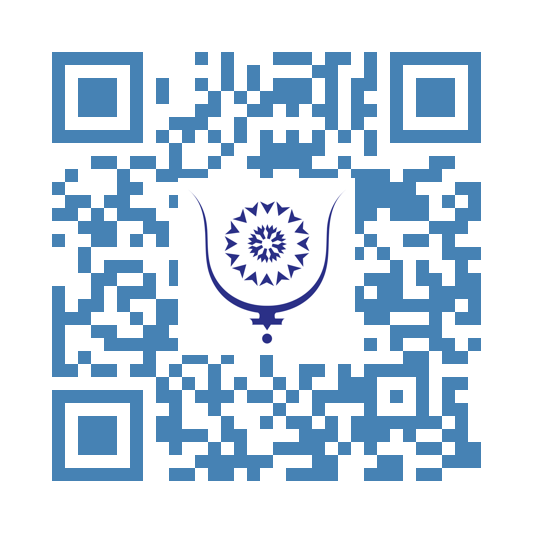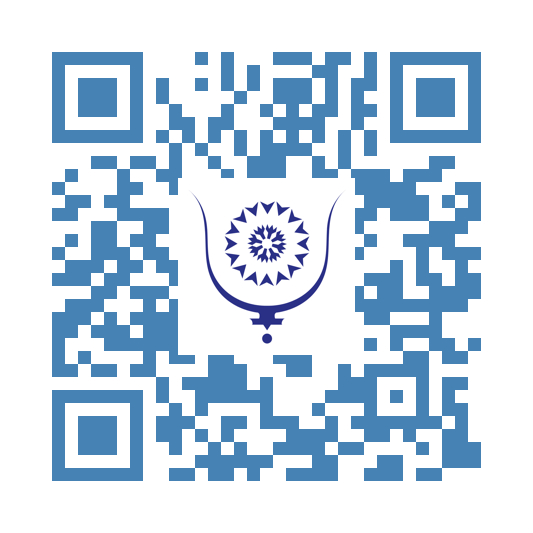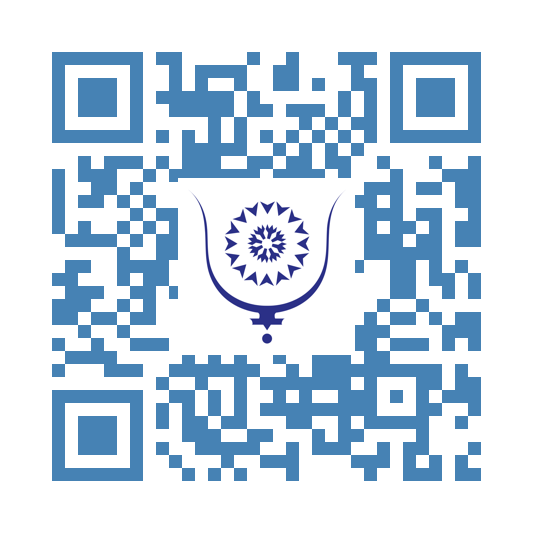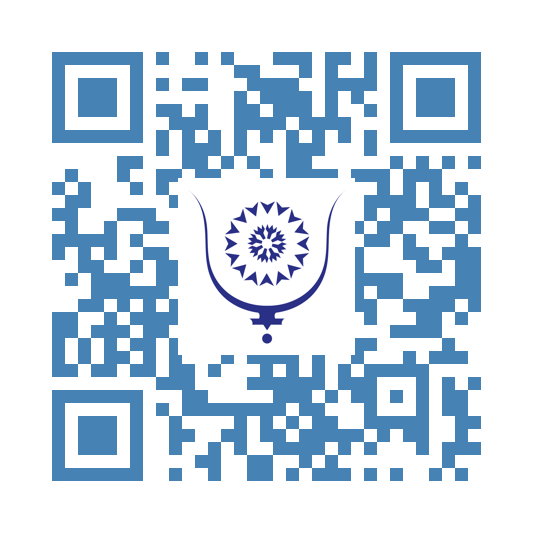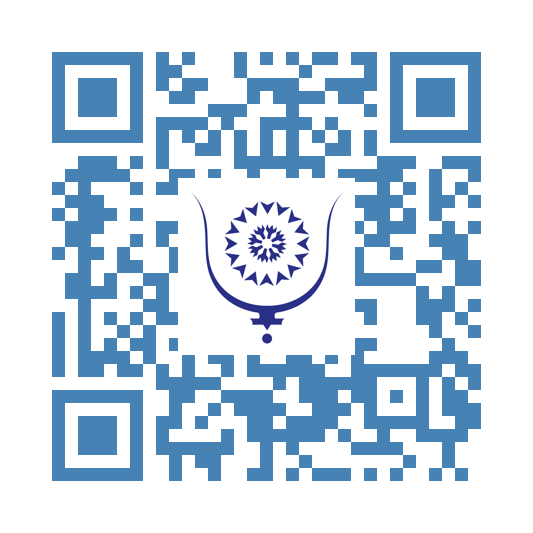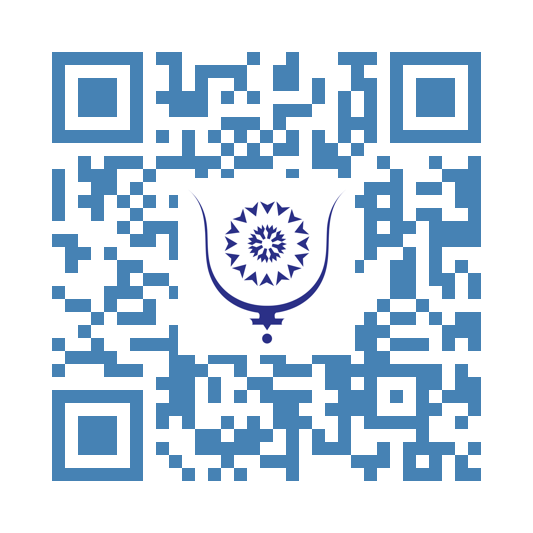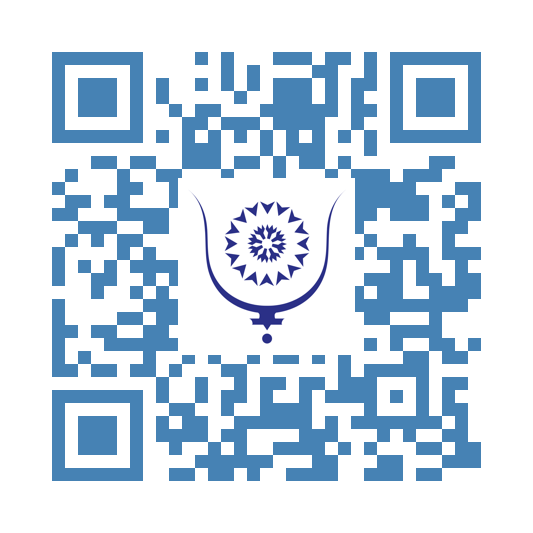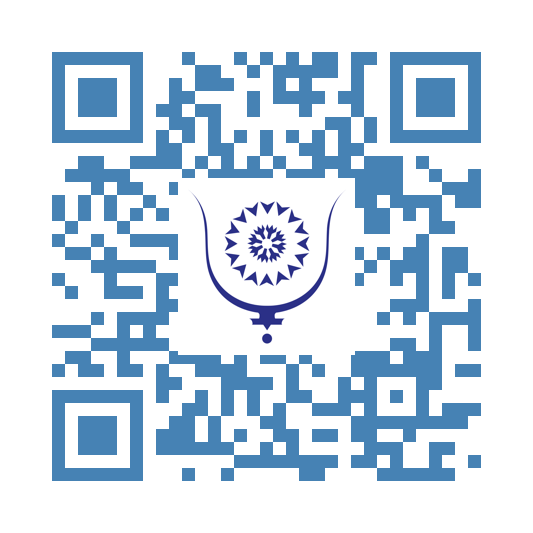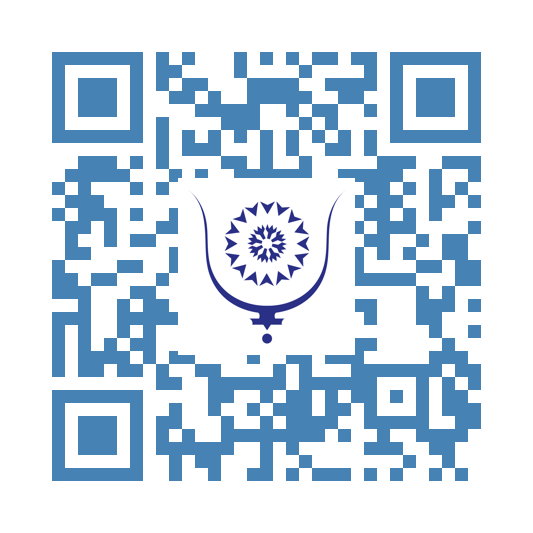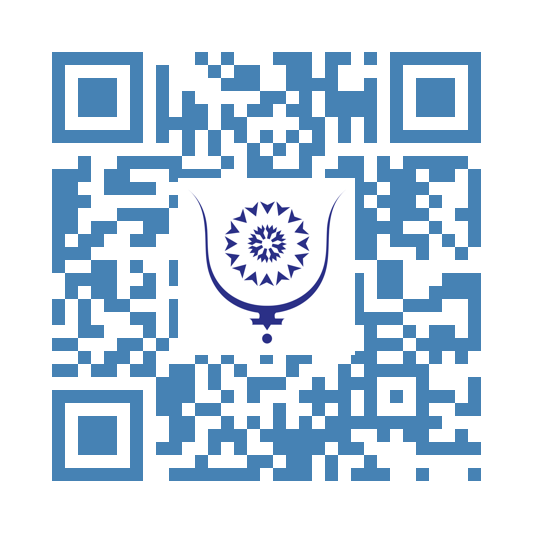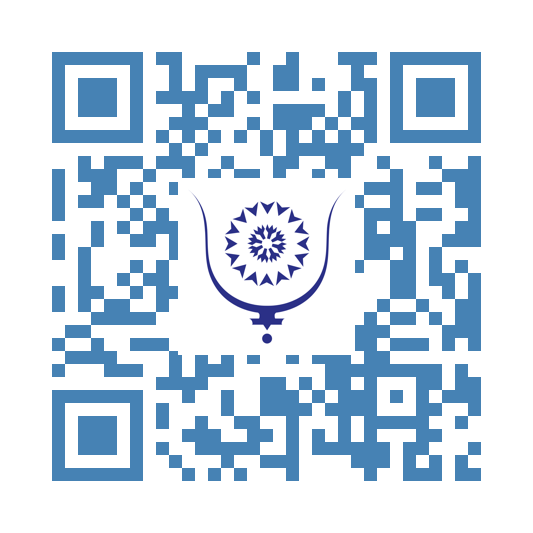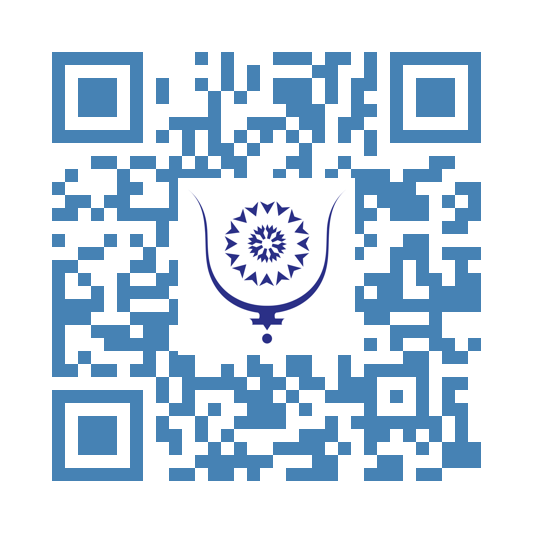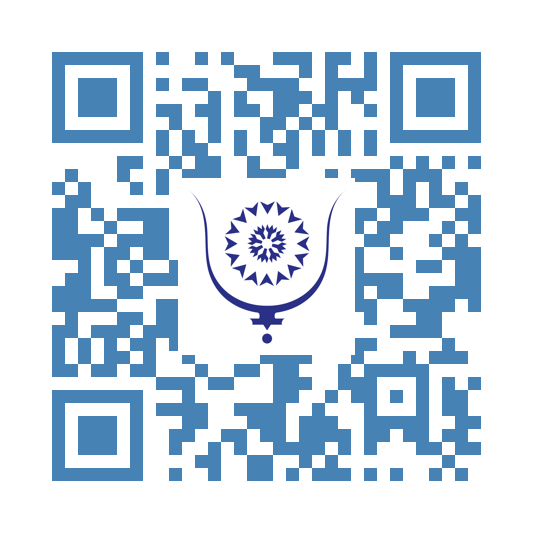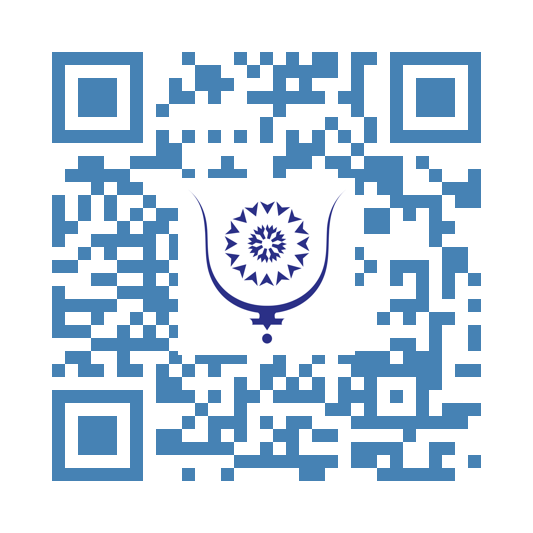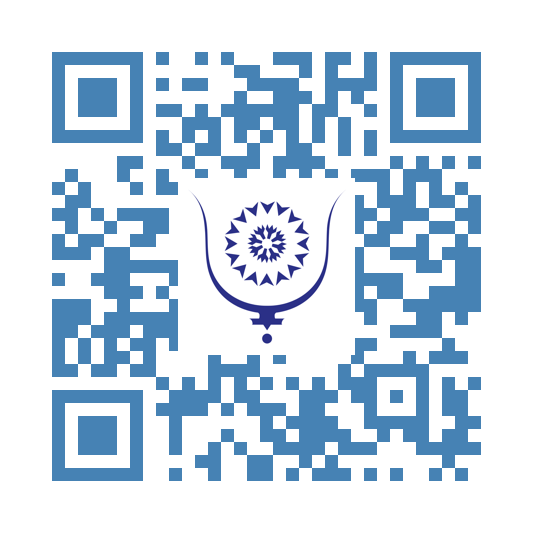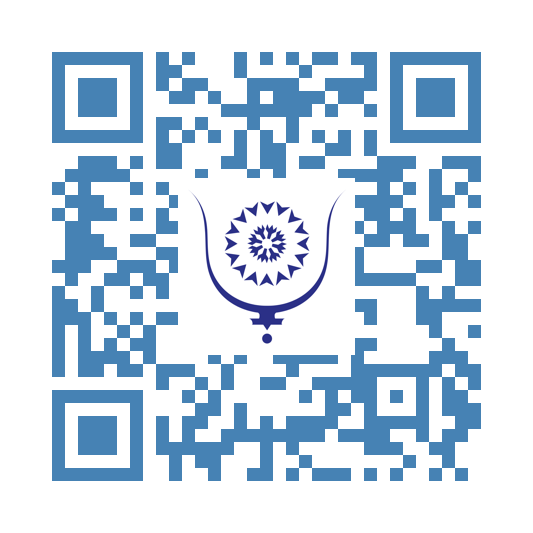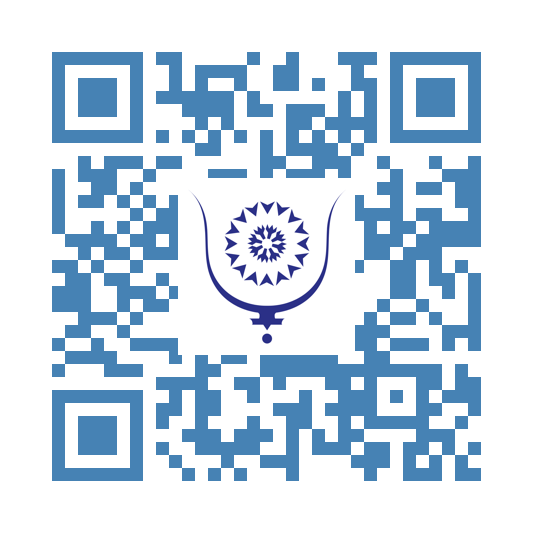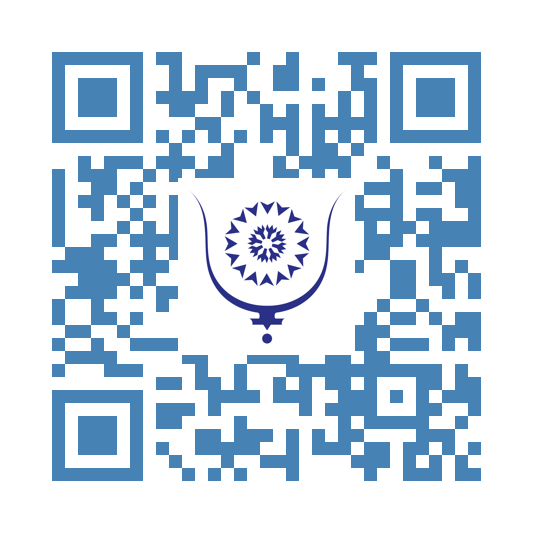The Akashic Records 1610
The Akashic Records are described in esoteric philosophy as a universal, non-physical field of memory in which all events, thoughts, emotions, and actions are preserved. The term Akasha comes from Sanskrit and is commonly translated as ether, space, or subtle substance, referring to a primordial medium that supports and permeates all existence. Within this framework, nothing that occurs in the universe is ever truly lost; every experience leaves an enduring imprint upon the underlying structure of reality.
The concept entered Western esoteric thought primarily through Theosophy in the late nineteenth century. Helena Blavatsky (1831–1891) described the Akashic Records as a form of cosmic memory inherent in nature itself. In this view, Akasha is not a physical location but a subtle plane of reality in which the history of the world and of humanity is inscribed. Rudolf Steiner (1861–1925) later expanded this idea within Anthroposophy, proposing that disciplined spiritual development could enable access to these records in order to study past civilizations, karmic processes, and the spiritual evolution of humanity.
In esoteric literature, the Akashic Records are often portrayed metaphorically as a cosmic library or archive. This imagery is symbolic rather than literal, serving as a conceptual aid for understanding a non-material mode of information retention. The records are said to encompass not only the past but also potential futures, understood as tendencies or probabilities shaped by intention, moral choice, and collective action rather than as fixed or predetermined outcomes. Access to such information is typically associated with altered or heightened states of consciousness, including meditation, contemplative insight, or intuitive perception, and is understood as interpretive rather than mechanically exact.
Comparable ideas appear across multiple intellectual and spiritual traditions, suggesting a recurring intuition that experience leaves enduring traces beyond individual memory. In Indian philosophical systems, Akasha functions as a subtle element associated with vibration and form; in Buddhist Yogācāra thought, the ālaya-vijñāna (storehouse consciousness) preserves karmic impressions; and in Western depth psychology, Carl Jung’s concept of the collective unconscious offers a symbolic parallel, framed in psychological rather than metaphysical terms. These parallels do not imply doctrinal equivalence but a shared effort to articulate how memory, causality, and meaning may persist beyond the individual mind.
From a philosophical standpoint, the Akashic Records may also be interpreted through the lens of information metaphysics. Within this perspective, the concept functions as a hypothesis about the persistence of information in reality itself. Events, thoughts, and actions are understood to generate informational structures that are not annihilated but transformed, echoing broader philosophical debates about whether information is more fundamental than matter or energy. This approach does not require a literal cosmic archive; instead, it frames the Akashic Records as a symbolic model for the continuity of informational patterns across time and process.
It is important to note that claims of direct access to the Akashic Records remain experiential and subjective, varying widely across traditions and individuals. Such claims are best understood as interpretive insights shaped by symbolic, cultural, and cognitive frameworks rather than as empirically verifiable observations.
The Akashic Records represent an influential esoteric concept describing a universal field of memory that preserves the totality of experience. While central to Theosophical and related spiritual traditions, the idea is most productively approached as symbolic language for the persistence of information and meaning, or as a metaphysical hypothesis rather than as a defined or universally accepted spiritual mechanism.



